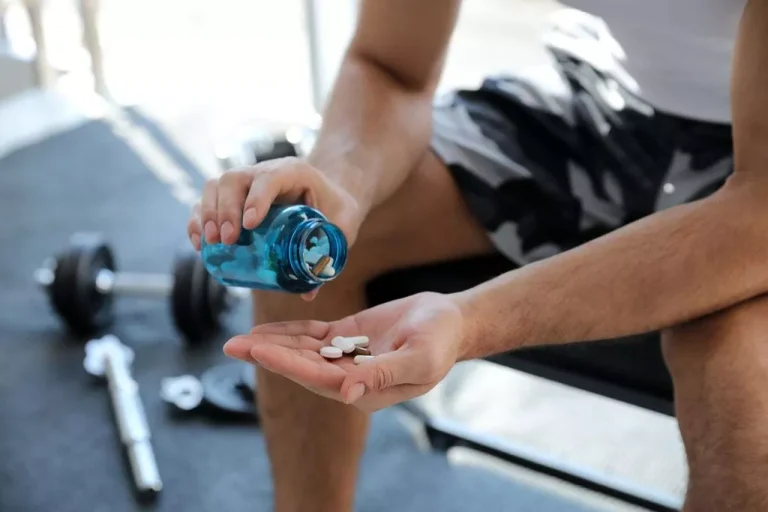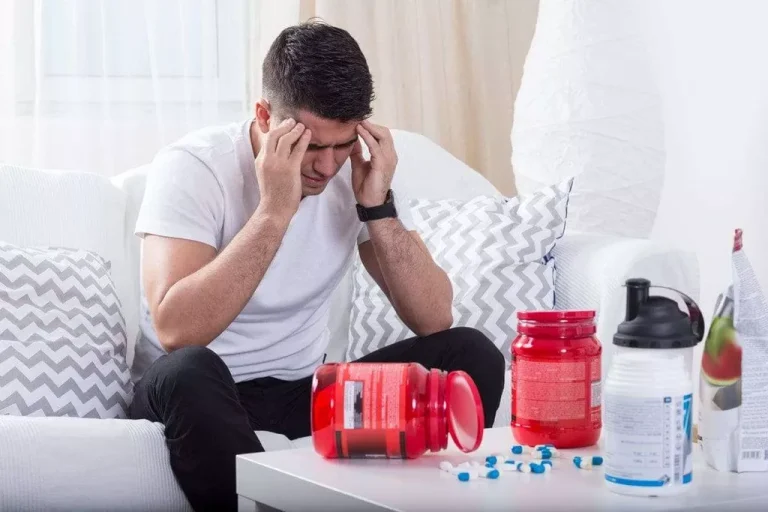Drugs Use in Sports: Risks That Destroy Lives

One of the main issues in present-day sports is the use of doping and the strictness of control measures. Athletes use stimulants to have stronger muscles and experience less weariness and pain. On the other hand, drug use in sports has serious health hazards and may even be fatal. Due to the damaging impact many drugs have on athletes’ health, they are widely prohibited in sports. Nevertheless, the athlete’s chance of abusing drugs or consuming forbidden substances is relatively high. It may result in severe physical, athletic, financial, legal, and social repercussions.
What drugs do athletes abuse?
Unfortunately, drug use in sports has become a common thing today. Sportspeople are prone to misuse a variety of substances. The three types of medications most commonly affecting athletes who use drugs are stimulants, opioids, and performance-enhancing medicine.

Take back control of your life and start on the road to recovery now.
Stimulating substances
Stimulants, for example cocaine, ecstasy, and amphetamines, among others, induce a reaction in the brain and body that eliminates all signs of exhaustion and gives an individual extra energy and vigor to do things they wouldn’t usually be able to.
Recreational drugs
Alcohol or marijuana, some of the most well-known representatives of this medicine, directly impact a person’s capacity to perform since they impair their reflexes, endurance, attention span, focus, coordination, etc. Therefore, participating in any sport puts the athlete’s health and the health of those around them in danger.
Anabolic steroids
Although testosterone is an anabolic steroid that the body naturally generates, athletes can employ higher doses of natural hormones. They do it to have an advantage in competitions. Using synthetic testosterone or another anabolic substance can enhance muscle growth, give you more endurance, and speed up your recovery. All significant sports leagues and international contests prohibit drug use in sports.

Beta-blockers
Beta-blockers are a particular type of medicine used to treat abnormal heart rhythms. They protect the heart from repeated attacks. They can be used by patients with cardiac arrhythmia, high blood pressure, etc.
Drugs
Narcotics are psychotropic drugs with paralyzing or numbing properties. Drugs are now closely related to opioids and opiates.
Androstenedione
It is a medication assisting athletes in training harder and recovering more quickly. Studies indicate it does not affect testosterone levels or muscular growth. Although it was once permitted, this substance is no longer allowed in any sport.
Human growth hormone
A prescription medication called human growth hormone is usually applied to treat cancer or other diseases. It is frequently purchased and sold illegally, significantly increasing performance and muscle mass.
The impact of drugs
In recent years, countless new medications have been created. The issue of illicit chemicals still influences all sports today. Drugs in professional sports refer to various compounds and medical interventions that, in one way or another, push the body’s physical limitations and are specifically employed to enhance athletic results. Different routes can be used to provide medications to the body, including intravenously, orally, and inhaled. However, a drug is only regarded as doping when its breakdown product (metabolite) is found in the biological fluids of the body. The substances are identified on the World Anti-Doping Agency’s “stop list.”
Drugs used for doping stimulate the central nervous system. The athlete accepts own results in a false sense of his omnipotence, excessive energy, and reliance on achievements. He does not get tired for a long time, which leads to fatigue of the body and depletion of its reserves. After all, the body of doping addicts rapidly age, disrupting normal physiological processes.
Overall risks of drug use in sports
Sports results and participation in competition enhance athletes’ self-confidence, tremendously impacting their mental health and lowering stress levels. All of these are due to endorphins. To boost performance, like speeding up running time, increasing endurance, or quickly building muscle mass, some resort to doping to get an additional dose of hormones.
The propensity for overexertion, such as when under the influence of cocaine or other drug usage and exhausting exercise, raises the danger of injury. Many top-level athletes choose to utilize drugs to streamline their athletic performance while being completely unaware that these substances cause addiction. Whether a person is an athlete or not, they damage the body from the inside out.
Athletes who regularly use narcotics have the potential for long-term health consequences. One of the main side effects is addiction, which is continuous and needs expert assistance to recover control over our life. Performance-enhancing drugs interfere with the body’s natural functions and cause organ damage, increased risk of cardiovascular disease, and hormonal imbalances.
Athletes with full-blown addictions suffer from a chronic illness that causes obsessive drug-seeking patterns, prolonged drug use in sports despite adverse health effects, and long-term alterations to brain structure and function. Since addiction to opioids may swiftly lead to athletes switching to less expensive illegal opioids like heroin, they provide an incredibly easy but dangerous way to become a drug addict.
Health risks and damage drugs cause
Some of the medications are relatively safe when taken for medicinal purposes and recommended by a doctor. However, because they are not controlled, athletes use too much of them, not be closely watched, or get them illegally, leading to health issues.
Using prohibited drugs for athletes is a losing battle because the athlete can lose everything – health and sports career. The consequences for health are particularly painful. Doping results in a wide range of issues:
- depression, aggressiveness, drug dependence;
- myocardial infarction, heart failure;
- increased sweating, skin roughness;
- increased risk of developing cancer;
- stroke.
There are various effects of drugs. The type of medicine, the dosage and frequency of delivery, and the health condition of the person taking the drug will all affect how they impact.

List of forbidden drugs and substances in sport
The World Anti-Doping Agency compiles a new list of chemicals that are prohibited each year, which is broken down into the following categories:
- Drugs help to relieve pain but cause injury;
- Stimulants improve concentration and reduce fatigue but harm the heart;
- Steroids help to improve muscle and power but are detrimental to the liver, reproductive system, and heart and cause sudden death;
- Hormones are detrimental to health with uncontrolled use;
- Diuretics cover up the use of other illegal substances and cause dehydration and fatigue, and cannabinoids reduce muscle mass.
Sportspeople who consume drugs to improve their performance may be disqualified from the competition. Sports authorities have outlawed many medications due to the general health hazards they pose and the possibility that they provide an athlete an unfair edge. Sports drug usage contradicts principles like fair play and collaboration. Athletes who take drugs put their health at risk, discredit their sport, and set a poor example for others. Sports organizations forbid using performance-enhancing drugs because they might offer athletes an unfair edge over others.
Rates of recreational drug abuse
Drug usage by athletes extends beyond just enhancing performance. Competition-related stress, a society-wide emphasis on excellence, drinking, and other factors can all hasten the development of drug addiction to a range of recreational substances. Estimating the percentage of players taking drugs might be challenging, particularly on professional teams. However, an extensive study among athletes in high school and college reveals the issue is pervasive. The prevalence of drug usage among athletes in the association is demonstrated by recent research:
- Binge drinking was reported by 33% of female and 44% of male student-athletes.
- In the past year, 22% of student-athletes admitted to smoking marijuana.
- Among student-athletes, 23% admitted to taking painkillers.
According to the study, basketball players documented substantially less drug usage than athletes who took part in other sports. In contrast, those who played contact sports were likely to use alcohol. A person’s likelihood of using other substances increases if they have ever taken anabolic steroids.

This can be a difficult journey, but you don’t have to go it alone. Let us be your guide and provide you the environment needed to regain control of your life and begin the path to recovery.
Treatment of addicted athletes
The methods used to rehabilitate athletes who use drugs are the same methods used to treat other drug users. They must undergo several stages, including detoxification from poisons, therapy sessions, and resuming their previous lives. To preserve their physical capability, professional sportsmen require a location with specific amenities like gyms, pools, or tennis courts. Whether an athlete battles opioid addiction or misuse performance-enhancing medications, addiction may be treated. Sports drug usage is a mistake that can be fixed. The major victory, triumph over one’s shortcomings, may be attained with willpower and physical endurance.
At the stage of recovery, people struggling with addiction turn to Eco Sober Houses for help. These are unique houses where a person is surrounded by the same people struggling with addiction. Here you get psychological support and return to a miserable life and will learn that sports and drug do not go along. Everyone is entitled to a life free from the barriers of addiction. Let Eco Sober Houses assist you in achieving recovery and getting back on track.




